What Women Want: women’s empowerment and aspirations in MENA countries.
Title What Women Want: empowerment e aspirazioni delle donne nei paesi MENA
Location North Africa and Middle East
Duration September 2022 – September 2023
Framework Bando per l’erogazione dei contributi di ricerca e analisi nel campo della politica estera – Anno 2022 dell’Unità Analisi e Programmazione
Funding Italian Ministry for Foreign Affairs and International Cooperation
Context
Achieving a better understanding of women’s aspirations and preferences is functional to predict development trajectories, economic behaviours, and demographic trends. In terms of policy implications, designing and implementing interventions aimed to raise aspirations of girls and women can contribute to foster and unlock important resources for sustainable growth. Development cooperation has to consider the key role of women empowerment and gender equality as an essential ingredient of human development that deeply influences a wide range of outcomes.
The research focuses on the Middle East and North Africa (MENA, or SWANA – South West Asia and North Africa) for two main reasons:
- The region represents a strategic territory for Italian cooperation because of its geopolitical significance, trade and investment relations, and the management of migration flows in the Mediterranean Sea
- The region is characterised by the so-called ‘MENA paradox’: despite the rapid narrowing of the gender gap in education and the decrease in fertility rates, female formal labour market participation is still low and stagnant. Only 21% of women in the region are economically active in the formal labour market.
Thus, the region represents a very interesting case study for this type of analysis: describing women’s preferences and attitudes in the MENA region is relevant to inform development and cooperations policies attempting to unravel the MENA paradox, offering stakeholders a useful analytical perspective to tailor adequate policies.
General Objective
The Inclusive Development Unit has been involved by the Italian Ministry of Foreign Affairs and International Cooperation to carry out an in-depth analysis on the relationship between women’s attitude and preferences and development trends.
Our contribution
The Inclusive Development Unit adopted a mixed-method approach, combining quantitative analysis of the World Value surveys with qualitative information from interviews with key informants from governmental institutions, international organisations, development partners and academia.
These data have bene use to:
- Describe the current situation in MENA countries with reference to the so-called “MENA paradox”, providing an overview on (i) women’s education, (ii) women’s participation to the labour market and (iii) fertility rate.
- Analyse the relevance of individual attitudes towards gender equality to achieve a better understanding about the “MENA paradox”, according to an intersectional approach.
- Identify the main dynamics related to women’s aspirations and social norms which play a role in explaining the “MENA paradox”.
- Verify the existence of converging trends between MENA countries and EU countries with respect to individual attitudes towards gender equality.
 Promoting the economic empowerment of women, an in-depth study
Promoting the economic empowerment of women, an in-depth study
Read more on the Inclusive Development Unit
Related Projects
-

Betting on the Future: Youth and Territory in the Empolese Valdelsa Municipalities
-
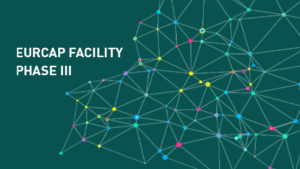
Capacity Building European Facility for the Readmission of Migrants – EURCAP, Final Evaluation
-
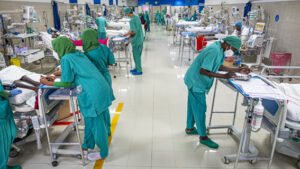
Final evaluation and SROI analysis of the project to train health personnel at the Salam Centre in Khartoum
-
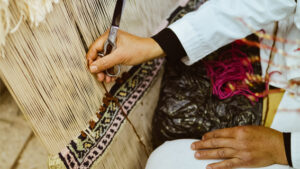
Action-research to foster the employment inclusion of persons with disabilities in Tunisia
-
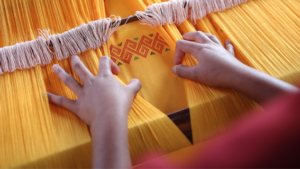
What Women Want: women’s empowerment and aspirations in MENA countries.
-

Exploratory research on accessibility of health services in Mozambique
-

Action-Research to foster labour accessibility for young people with disabilities in Kenya
-
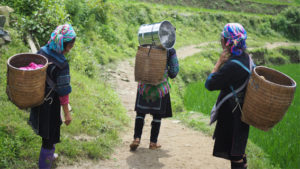
Evaluation of the project that aims to improve the health of the most vulnerable in Myanmar
-
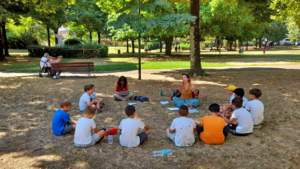
Action-Research for the Global Boyhood Initiative on stereotypes, gender roles and bullying
-
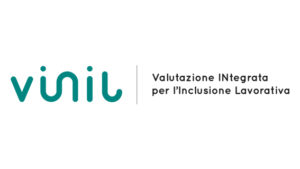
VINIL – employability assessment for persons with disabilities
-
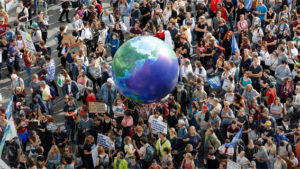
Food Wave, Monitoring the project that promotes sustainable food consumption among young Europeans
-
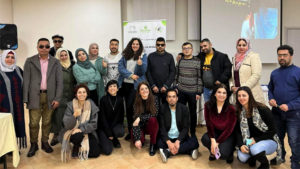
Nothing About Us Without Us: Emancipatory Research and Strategic Plan on disability in Palestine
-
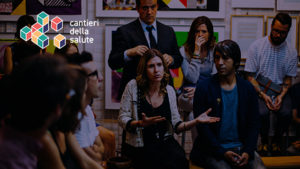
Monitoring and evaluation of the participatory processes of Cantieri della Salute in Tuscany
-

Market analysis to foster employment of young people in Mali
-
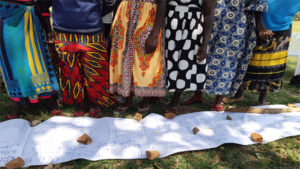
Action – Research to foster community health insurance for women in Sédhiou, Senegal
-
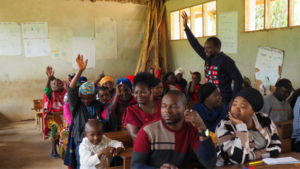
No One Left Behind: an Emancipatory Research for young people with disabilities in Tanzania
-
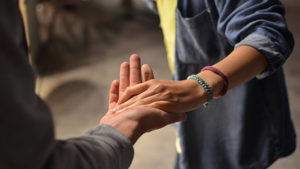
Social Board a model to contrast social exclusion, the case of Prato
-
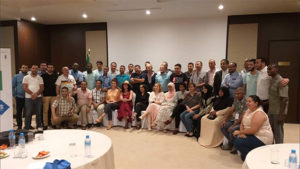
CapDeL: Incubation process for associative projects in Algeria
-

CapDeL: la ricerca al servizio dello sviluppo locale sostenibile in Algeria
-
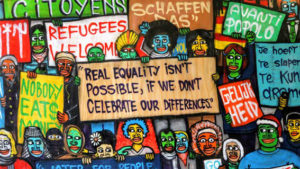
Evaluation of the SPRAR projects managed by ARCI Toscana
-

Need assessment to foster social inclusion in Tuscany
-
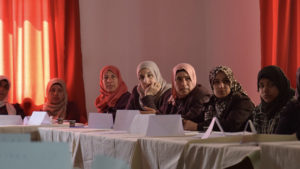
Promoting inclusive business and social entrepreneurship in Palestine
-
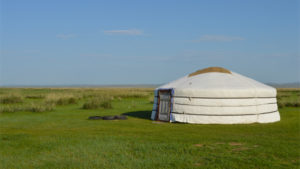
Final Evaluation of CBR Programme on disability and rights of persons with disabilities in Mongolia
-
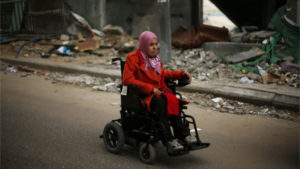
Emancipatory Research as a participatory approach to foster inclusion of women with disabilities in Palestine
-
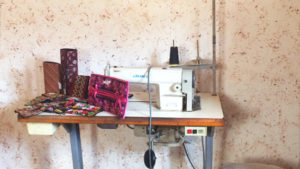
Research and consultancy for the inclusion of women with disabilities in the Gaza Strip
-
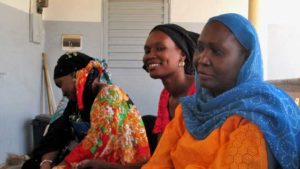
Action-Research for gender mainstreaming development in Senegal